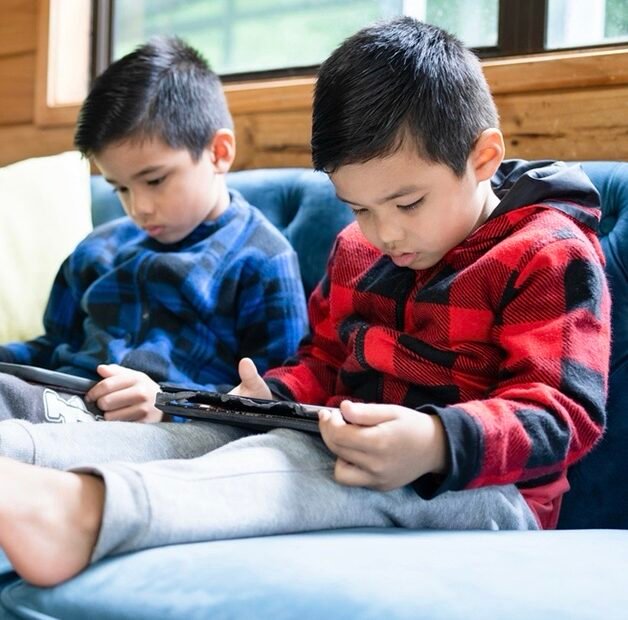Screen Time Impacts Sensory Development in Toddlers under 2
New research highlights the relationship between early screen exposure and atypical sensory behaviors in toddlers. Screen Times Lasting Effects on Child Brain Development Recent research from Drexel’s College of Medicine shows how exposure to screen-time can lead to sensory processing challenges, attention, and executive function skills. Bab gaze into screens, often develop sensory sensitivities – like getting easily bored or… Read More »Screen Time Impacts Sensory Development in Toddlers under 2


